In an increasingly interconnected world, the movement of people across borders has become a critical aspect of global economic and social dynamics. Visa consulting firms find themselves at the forefront of navigating this complex and ever-changing landscape, helping individuals and businesses manage the intricate web of immigration regulations and policies. As global mobility continues to evolve, driven by technological advancements, shifting political landscapes, and new ethical considerations, staying informed about emerging trends is more crucial than ever.
This series, “Mastering the Visa Maze: Emerging Trends Shaping Global Mobility,” delves into the latest developments in global visa policies. By understanding these trends, visa consulting firms can better guide their clients through the visa application process, ensuring they remain competitive and compliant in a rapidly changing world. The following trends will be explored in depth:
Trend 1: Digitization and Automation in Visa Processing

The shift towards digitization and automation is revolutionizing the visa application process. Countries are increasingly adopting electronic visas (e-visas) and automated processing systems to streamline applications, reduce wait times, and enhance security. According to the International Air Transport Association (IATA), it is projected that by 2025, over 70% of visa applications will be processed digitally. This trend not only simplifies the process for applicants but also presents opportunities for visa consulting firms to leverage technology to improve service delivery.
Trend 2: Impact of Geopolitical Shifts on Visa Policies

Geopolitical shifts have a profound impact on visa policies. Changes in government, international relations, and global events can lead to rapid alterations in immigration regulations. For instance, the Brexit referendum significantly changed visa requirements between the UK and EU. Additionally, the transition from the Trump administration to the Biden administration in the United States resulted in policy reversals affecting visa regulations. Staying abreast of these shifts is vital for visa consultants to provide accurate and timely advice.
Trend 3: Increased Focus on Skilled Migration

Many countries are prioritizing skilled migration to drive economic growth and innovation. Policies are being adjusted to attract highly skilled professionals, with programs such as Canada’s Express Entry and Australia’s Global Talent Visa seeing substantial interest. According to Immigration, Refugees and Citizenship Canada (IRCC), Canada aims to welcome over 400,000 new immigrants each year, focusing significantly on skilled workers. Visa consulting firms can capitalize on this trend by specializing in these high-demand immigration pathways.
Trend 4: Sustainability and Ethical Considerations in Visa Policies

Sustainability and ethical considerations are becoming increasingly important in visa policies. Governments are implementing measures to promote sustainable travel and migration practices. The UN Sustainable Development Goals (SDGs) advocate for safe, orderly, and regular migration, emphasizing the protection of migrant rights and environmental sustainability. Visa consulting firms must align their practices with these goals to remain relevant and responsible in the industry.
Trend 5: The Role of Technology in Enhancing Client Services

Technology plays a crucial role in enhancing client services in the visa consulting industry. From AI-driven advisory tools to blockchain for secure data management, technological advancements are improving efficiency and accuracy in visa processing. Gartner predicts that by 2024, organizations using AI and machine learning will achieve a 25% increase in operational efficiencies. By adopting these technologies, visa consulting firms can offer superior services and gain a competitive edge.
Trend 6: Importance of Client-Centric Strategies in Visa Consulting

In an industry where regulations and requirements can change frequently, maintaining a client-centric approach is essential. Understanding clients’ unique needs and providing personalized guidance can significantly improve their experience and success rates. Visa consulting firms that prioritize client satisfaction and adaptability are better positioned to build long-term relationships and a strong reputation in the market.
Conclusion
Navigating the complexities of global mobility requires a deep understanding of the evolving trends in visa policies. This series aims to equip visa consulting firms with the insights needed to stay ahead of the curve, ensuring they can effectively support their clients in an ever-changing world. By mastering the visa maze, firms can enhance their service offerings, remain competitive, and contribute to the broader goals of global mobility and sustainable migration practices.
Stay tuned as we explore each of these trends in detail, providing valuable information and actionable insights for visa consulting professionals.

